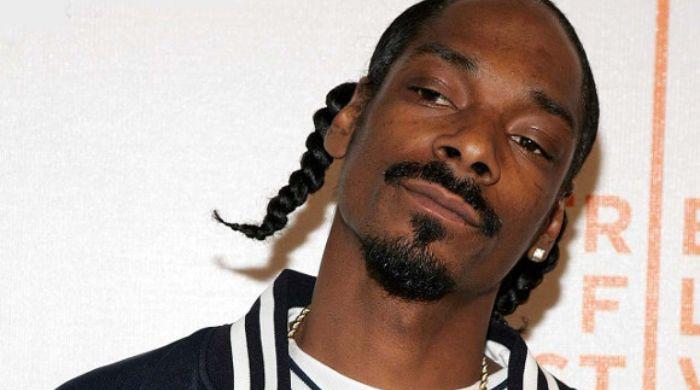 |
| Snoop Dogg makes shocking move amid Disney movie remark backlash |
Snoop Dogg’s Shocking “Fake Apology” Sparks New Controversy Over Lightyear Remarks
Snoop Dogg’s
“Fake Apology” Amid Lightyear Backlash Sparks NBC Crisis Over His Future on The
Voice
Snoop Dogg
faces backlash for discomfort over same-sex representation in Pixar’s Lightyear.
A supposed Instagram apology was labeled “fake.” NBC reportedly held crisis
talks over the incident, placing The Voice position in doubt.
Snoop Dogg makes shocking move
amid Disney movie remark backlashSnoop Dogg’s future on The Voice looked
uncertain after his comments about Disney’s Lightyear sparked outrage.The
rapper, who joined the singing competition as a coach, came under fire for
remarks that many called...
Snoop Dogg sparked a storm after expressing
discomfort over seeing a same-sex couple in the Pixar film Lightyear.
The rapper admitted on a podcast that scenes with queer representation left him
feeling “scared to go to the movies,” especially when his young grandson
questioned how two women could have a child.
Shortly after, a comment surfaced from
Snoop’s verified Instagram account. It read: “My bad for not knowing the
answers for a 6-yr-old… teach me how to learn. I’m not perfect.” But his
team swiftly moved to clarify: that apology was fake—not written or
authorized by him or anyone in his circle.
A Career Marred by
Controversy
This isn’t new for Snoop Dogg. His
career has long been peppered with controversies—from biting incidents to
homophobic lyrics. His comments on Lightyear reignited criticism, even
as some outlets and personalities defended the need for parental discretion,
not forced conversations in children’s media.
The backlash reached beyond social
media. NBC, where Snoop coaches on The Voice, held crisis talks.
Executives, fearing discord, reminded him and the production that the show
thrives on inclusivity and neutrality. The controversy now casts doubt on
whether he’ll continue in Season 28, despite contractual ties.
Media and Public
React
Reactions streamed in fast. LGBTQ+
advocates, including writer Lauren Gunderson (who championed inclusive
representation in Lightyear), reaffirmed pride in the storyline, calling
the inclusion “natural” and culturally significant.
Media responses were divided. Some,
like The Breakfast Club hosts, empathized with Snoop’s panic. They
proposed that cartoons shouldn’t force parents into heavy social lessons
mid-screening—but many fans saw the remarks as outdated or harmful.
Snoop later addressed the uproar on
social media, suggesting he was caught off-guard when questioned by his
grandson and emphasizing love from his LGBTQ+ friends. Yet the apology’s
authenticity remains in doubt, fueling renewed conversations around
authenticity, representation, and public responsibility.
What This Means for The
Voice
Snoop’s remarks—followed by the fake
apology—have stirred unease behind the scenes at The Voice. NBC’s
flashpoint concerns include the hosting environment’s comfort level and how
contestants and crew perceive inclusivity. Sources say season 28 might indeed
be his last, given the cumulative controversies involving politics,
performance, and now representation-based remarks.
Why the Fake Apology
Matters
The saga shows how in today’s digital
media age, a seemingly benign online comment can ripple into reputation damage.
Whether the apology was posted by a well-meaning troll or an impersonator,
Snoop’s team dismissed it, and few media outlets confirmed its legitimacy. It
underscores the importance of managing public presence—and the volatile nature
of authenticity in celebrity circles.
